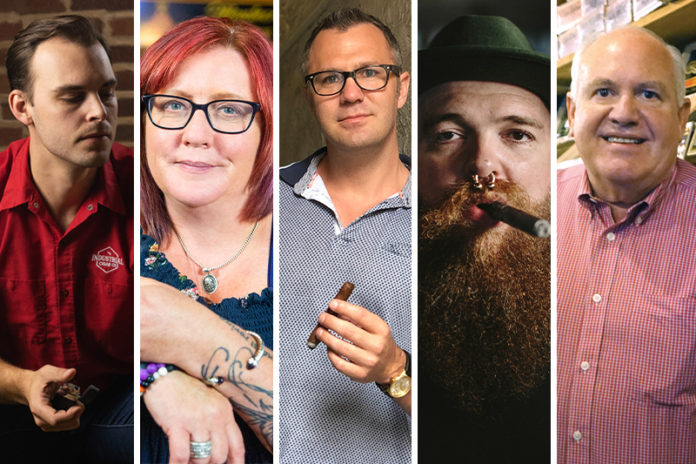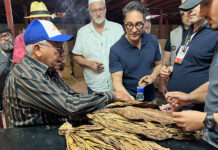Retailers have an important role to play in the boutique cigar industry. Without the support and buy-in of retailers, boutique cigars will never catch on with consumers. Retailers serve as the in-store evangelists for all of the brands in their humidor, but for brands that are smaller, lack brand recognition or are in the early stages of brand building, retailers can either help make or break a brand.
To find out how boutique cigars are performing in today’s retail marketplace, Tobacco Business put together a panel of tobacco retailers and asked them to share their insights on the boutique cigar category as it stands today. Participating retailers include Ian Harvey of Smokers Abbey Austin, Kathleen Kelly of Queensbury Cigar & Pipe, Brandon Hayes of Renegade Cigar Co., Wayne Anstead of Anstead’s Tobacco Company and Brandon Frakes of Industrial Cigar Co. Find out what these retailers are looking for in boutique cigar products, what value these products offer their stores, and what they feel is working and not working within this increasingly popular segment of premium cigars.
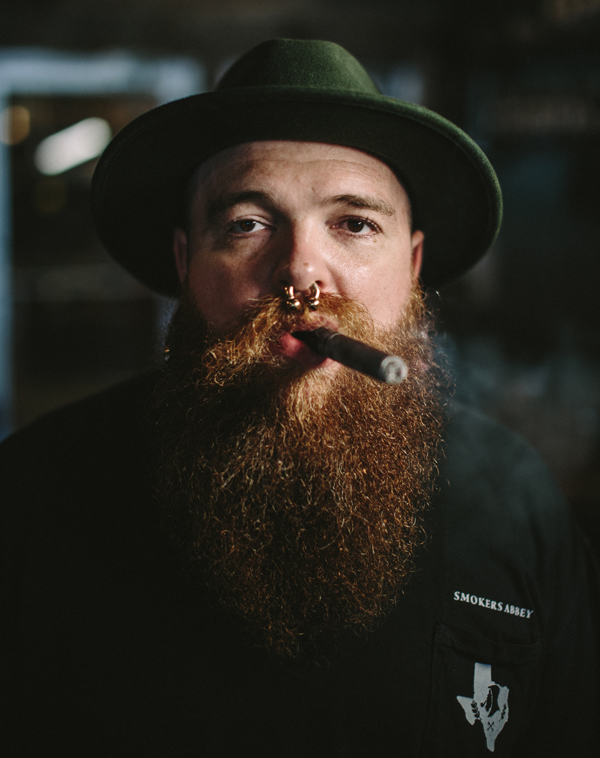
Tobacco Business: What is your definition of a boutique cigar?
Ian Harvey: The moniker boutique has gotten thrown around a lot in our industry, and for us the term has grown to mean a lot of things. For us, boutique means a focus on quality and creativity over quantity and mass acceptance. There is a voice and drive behind the companies we believe are truly “boutique” to create something distinct and interesting. In any other industry, it would be referred to as “craft” or “small batch,” but the drive is the same: taking this very old tradition of premium tobacco and cigarmaking and pushing the boundaries of what can be done with that medium.
Kathleen Kelly: To me, the definition of a boutique cigar is one that is made by or for a cigar company that is not a big conglomerate and is generally produced in smaller batches.
Brandon Hayes: That’s a great question because I think the term “boutique cigar” is one that’s used a bit loosely in our industry. My definition of a boutique cigar is a brand that’s built with the intention of producing a unique and sophisticated product in small quantities. Or when a bigger company produces a boutique cigar for a single store. In my mind, a small company producing cigars with the intention of scaling is a small company. In my opinion, a boutique cigar is built with the intention of having a small, limited production.
Wayne Anstead: My definition of a boutique cigar is a small, upstart cigar company that brings a new, unique product to the market.
Brandon Frakes: I think that term, “boutique,” has a very wide and differentiated definition. For us at Industrial [Cigar Co.], I think we define “boutique” as companies that lead with passion first and haven’t quite gotten to the point where they’re looking at cigars based solely on the numbers. To me, boutique cigar manufacturers are obviously small in production numbers, high in the degree of passion and perhaps lower in their experience level, which is not always a bad thing. I think, right now, these small-batch and boutique manufacturers are really kicking ass, but it’s a difficult definition.
When evaluating whether or not to bring in a boutique cigar brand, how do you make that purchasing decision?
Harvey: We are very careful about what cigars make it onto our shelves. We look at our curated humidor like a good playlist: Every cigar needs to have a distinctive voice that adds to the overall experience for our customers. We aren’t looking to rinse and repeat. We want companies that are doing something that is providing a flavor profile or experience that we haven’t encountered before or is already well represented in the shop currently.
Kelly: I like to sample the cigars with my staff and some of my customers first. Also, getting to know the rep for the line is just as important. It’s all about developing that good relationship.
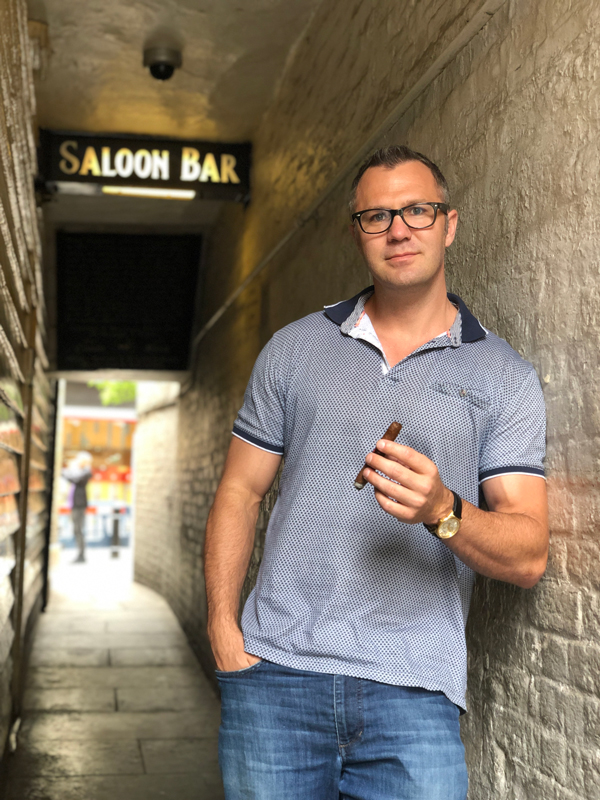
Hayes: The consideration for bringing in a certain line of boutique cigars generally starts with a recommendation from a customer or from someone that I trust in the industry. After that, I do a good amount of research on the reputation of the manufacturer, especially when it comes to their rep, for producing consistent products and delivering professional service.
Anstead: What type of unique blend, wrapper or filler tobaccos are they using? Does it smoke well? Have they created unique packaging that will catch the customer’s eye? Can they supply us with the information to share with our staff so they can talk about the cigar? What we want to see is, after putting it on the shelf, will it grow legs and become a regular selling item or will we always have to hand-sell the brand in order to get it to move?
Frakes: Every line goes through a process to be in our store because we don’t have a huge humidor. We run through a testing process, and it’s pretty simple. We’ll bring in and connect with the brand principal via rep or the owner themselves or a national sales director. We’ll bring in samples. We’ll learn about their story. We’ll get to know the personality and the people behind it, why they’re doing it, who it’s for. And then we’ll sit around and blind test not only with the family but with additional people who we will rotate through this testing committee. We’ll see if the product stands on its own. For us, it’s a huge risk taking someone in that no one’s ever heard of, so we have to really be diligent. Many boutique manufacturers just want to be in as many retailers as possible because in their mind that equals growth, but being in the right retailers really helps their brand grow. If the brand has passed the quality personality process and overall brand story test, then we’ll take them through a launch program. So, ultimately, the most important elements are product, personality, process and the brand’s story.
What value do boutique cigar brands bring to your store?
Harvey: For Smokers Abbey Austin, they are of immense value as we primarily only carry boutiques. In the beginning, we carried a few “well-known” brands that frankly didn’t sell, the reason being people really were more interested in the cigars we carried that they really couldn’t find anywhere else. Within the first year, we shifted our entire focus onto smaller companies doing innovative and quality work, and we have run that play for the last three and a half years.
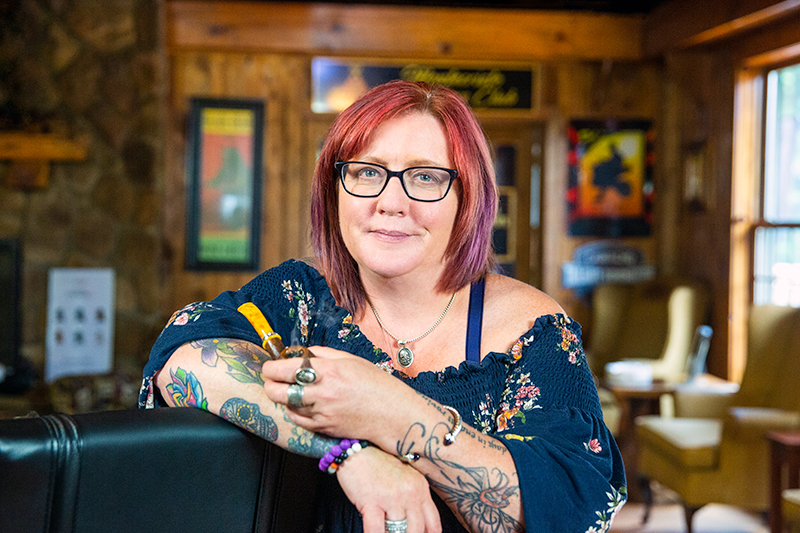
Kelly: It gives our customers other options to choose from besides brands they already know. I equate it to when I buy wine. I have well-known wines that I love and buy, but I also like to try the lesser-known brands. It’s the same way when it comes to cigars. It’s fun to try something new, and maybe you will find a new favorite.
Hayes: They allow me the opportunity to share unique experiences with my customers. There’s great value in having consistent products on the shelf, but it’s also important to have a few new limited or rare options to share with your customers. It keeps things exciting for us and them, and that’s important.


